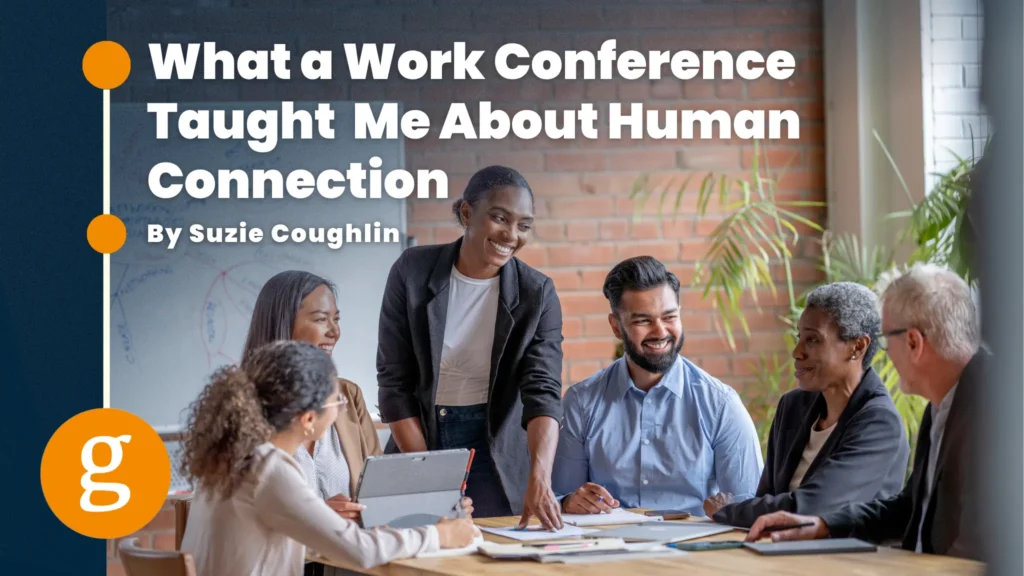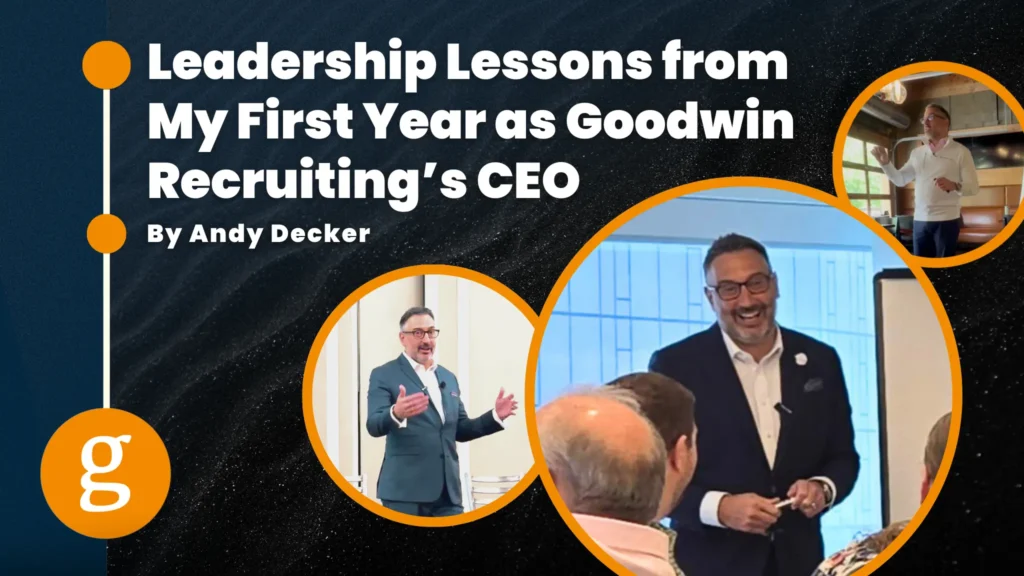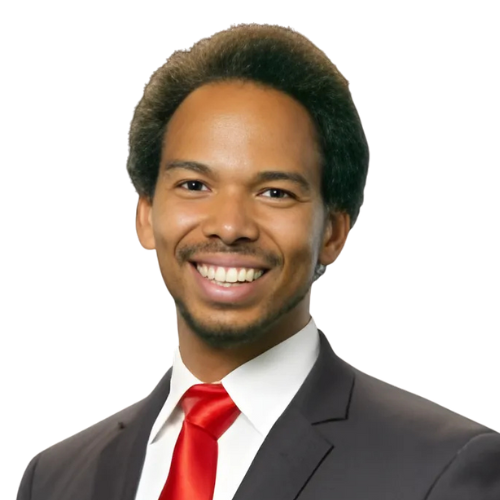How to Help Job Candidates Surpass Their Opinions of Themselves
Wynn Gates | Career Advice, Hiring Advice, Leadership, Opinion, Opportunity for All | February 19, 2024

It’s often said that people will not outperform their opinions of themselves. Good talent recruiters don’t subscribe to this belief. Instead, we take pride in elevating the psychological ceiling that talented job candidates often impose on themselves, whether that ceiling was intentionally or unintentionally inflicted. The method we use is found in how we effectively interview and carefully coach great candidates who tend to do this.
This is one of the many reasons being a talent recruiter is rewarding. Good recruiters and human resource professionals take time to understand and leverage the margin of error in a candidate’s self-perception. We coach them on how to build confidence so they can show their true competencies and best selves during job interviews and ultimately, the hiring process.
Can hiring managers and recruiters really change self-perceptions?
Yes, we can, especially when we have evidence (clear comparison with other available candidates) and time (several unrushed and thorough screening interviews) prior to a candidate’s interviews with the hiring manager.
Paying attention as a recruiter to the level of confidence or vulnerability candidates display is intriguing. Even as I guide the most confident job candidates through the interview process, I often see flickers of self-doubt emerge as they talk more freely with me than they would with a potential employer.
This self-doubt is less about second-guessing their qualifications and more about perceiving discouraging generalizations. Many fear they cannot avoid potentially limiting stereotypes coming from a hiring manager. When we know how to conduct an effective interview with these candidates, we can help them see beyond such obstacles and learn how to convey why their work experience and professional competencies are a great fit for the job description. Hiring decisions are made of this!
How do we recognize the need for a mental reset?
Some of the most telling moments for me during the interview process are when I perceive an unnecessary or unjustified ceiling in the candidate’s mind. This often happens at the end of my screening process when we “let our hair down” and just chit-chat. The candidate has “performed” for my interview, but when we talk more openly about career goals and potential job opportunities, that’s when the nugget of vulnerability rears its head – and that’s what we must address before the real job interview.
When I sense vulnerabilities, I often interject a boost of confidence along with realistic insights based on my knowledge of the candidate and my interviews with other candidates. I encourage self-doubting job seekers to see how they are undervaluing certain hard or soft skills they possess, other strong traits they have developed, and the sheer value of their work experience.
These moments of self-reflection are insightful and uplifting for candidates, and a valuable time I use to help them prepare to outperform their opinions of themselves. This reset in thinking helps them understand how to make interviews more effective and transform them from good candidates into possibly the best candidates.
What candidates see versus what employers see.
Skills and job requirements as seen by job candidates and employers alike are undergoing a renaissance, and as with any type of transformation, it takes time for new standards to gain traction. Here are some examples.
Job candidates should not encounter discouraging generalizations during interviews, but they often do, because a surplus of generalizations about specific groups still exists. However, this is changing. Many hiring managers now realize that skill sets are not determined by stereotypes. Also, some candidates don’t see that many soft skills are in crisis (lacking in the workplace), or that a growing number of employers are willing to rebuild and nurture skills that seem dormant but are very much a part of a candidate’s potential.
More and more, I am seeing empathy, adaptability, and communication skills as representative of leadership, problem-solving, and negotiation skills among hiring companies. I also see risk-taking and assertiveness traits considered as necessary for successful collaboration and proactive relationship-building.
As I talk with candidates about their perceived strengths and weaknesses, it’s a golden opportunity for me to point out their very marketable strengths by today’s standards, and to also observe whether self-doubt may be clouding their minds. If so, I can point that out, too. I also help candidates realize that hiring managers do not necessarily perceive any life or career baggage that’s holding the candidates back in their own mind, and I coach them to show confidence in grey areas so they can hit a new professional plateau that might otherwise be lost.
Of course, I’m careful to not push anyone beyond the margin of error of their skill set and self-confidence, but by realistically retooling a candidate’s perspective with factual assessments and candidate comparisons, I often succeed in helping them achieve higher self-esteem that sustains itself in the new job and translates to long-term career and interpersonal satisfaction. This is a win for both job candidates and the employers that hire them.
Partner with a recruiter who values integrity in everything we do!
At Goodwin Recruiting, we’re equally focused on client and candidate success and satisfaction. It’s one big reason we’re repeatedly ranked among Forbes’ top professional and executive recruiting firms.
Feel free to connect with me if you would like further insights into the latest hiring practices, or when you need access to exceptional talent for your manager to executive-level roles.
Share This Article
















































